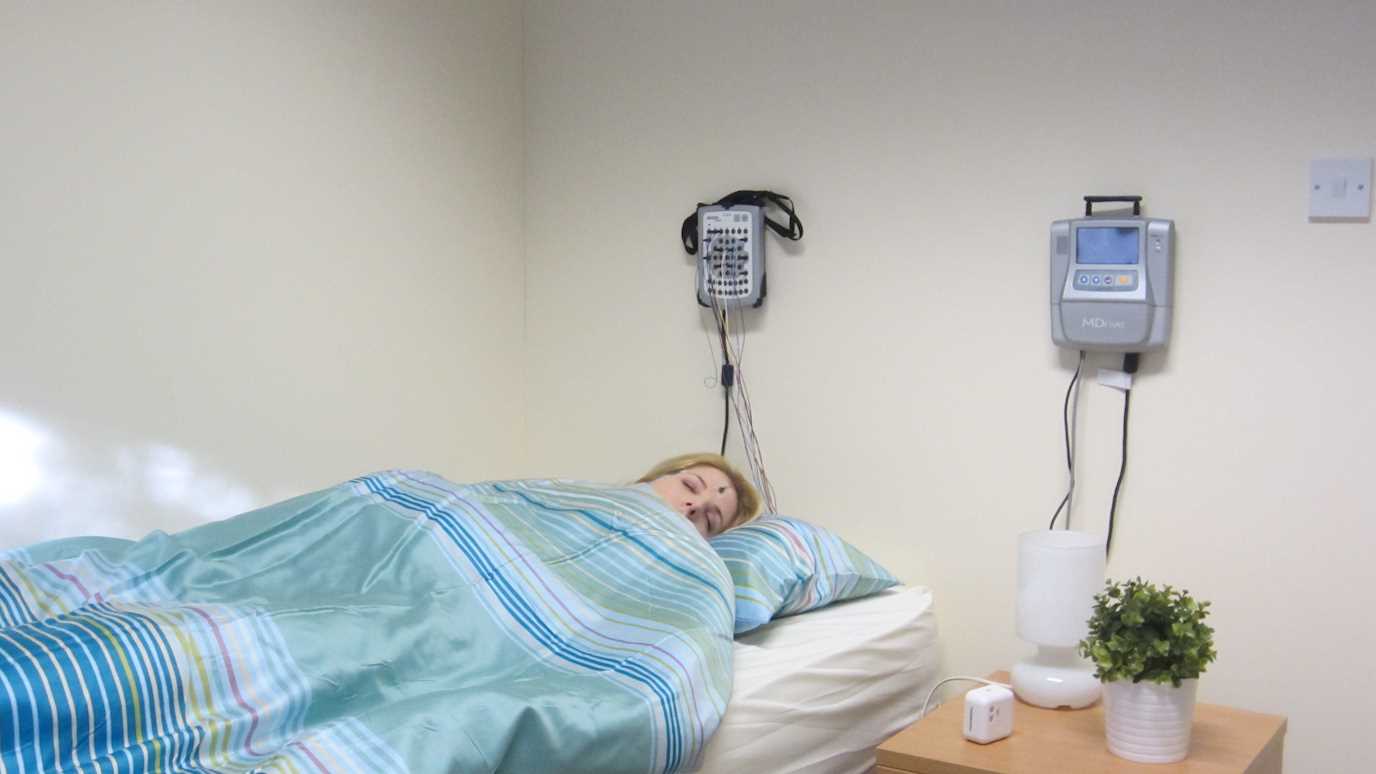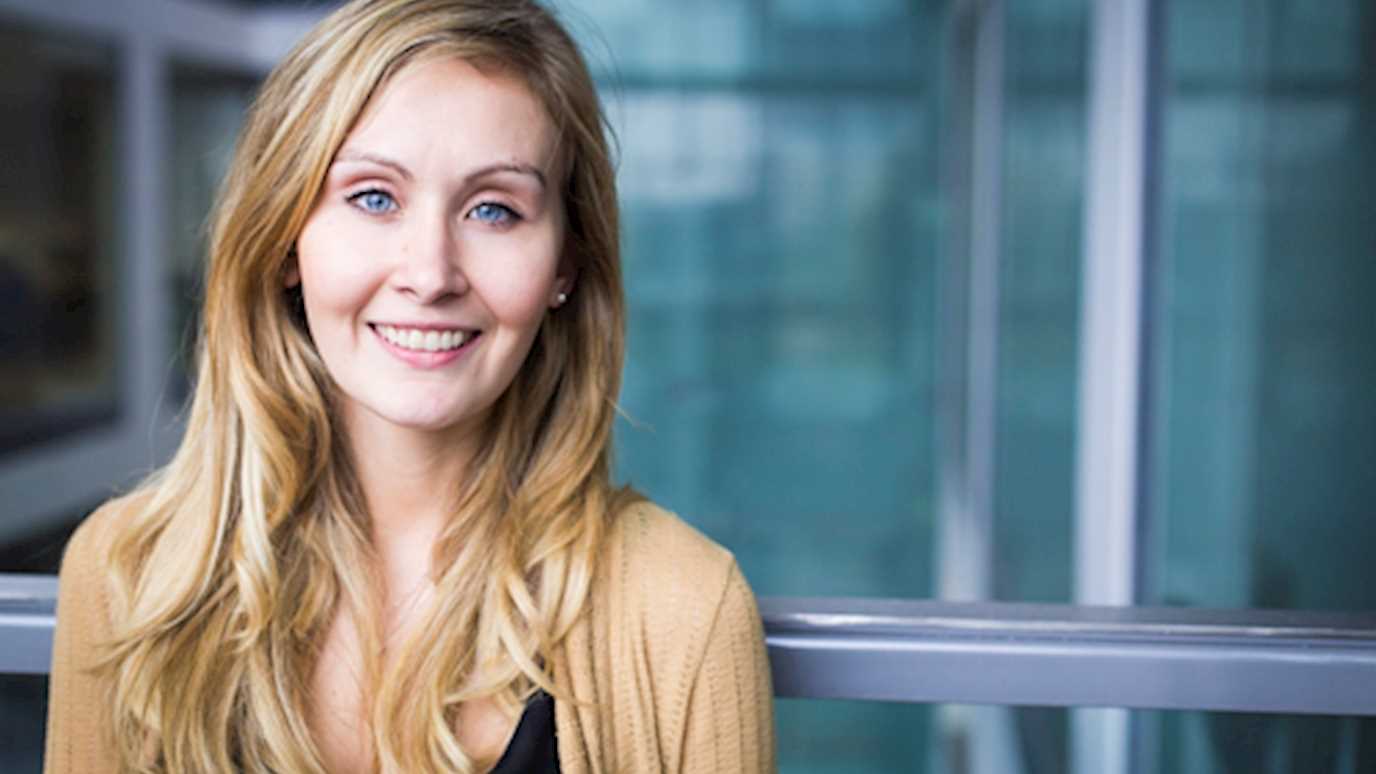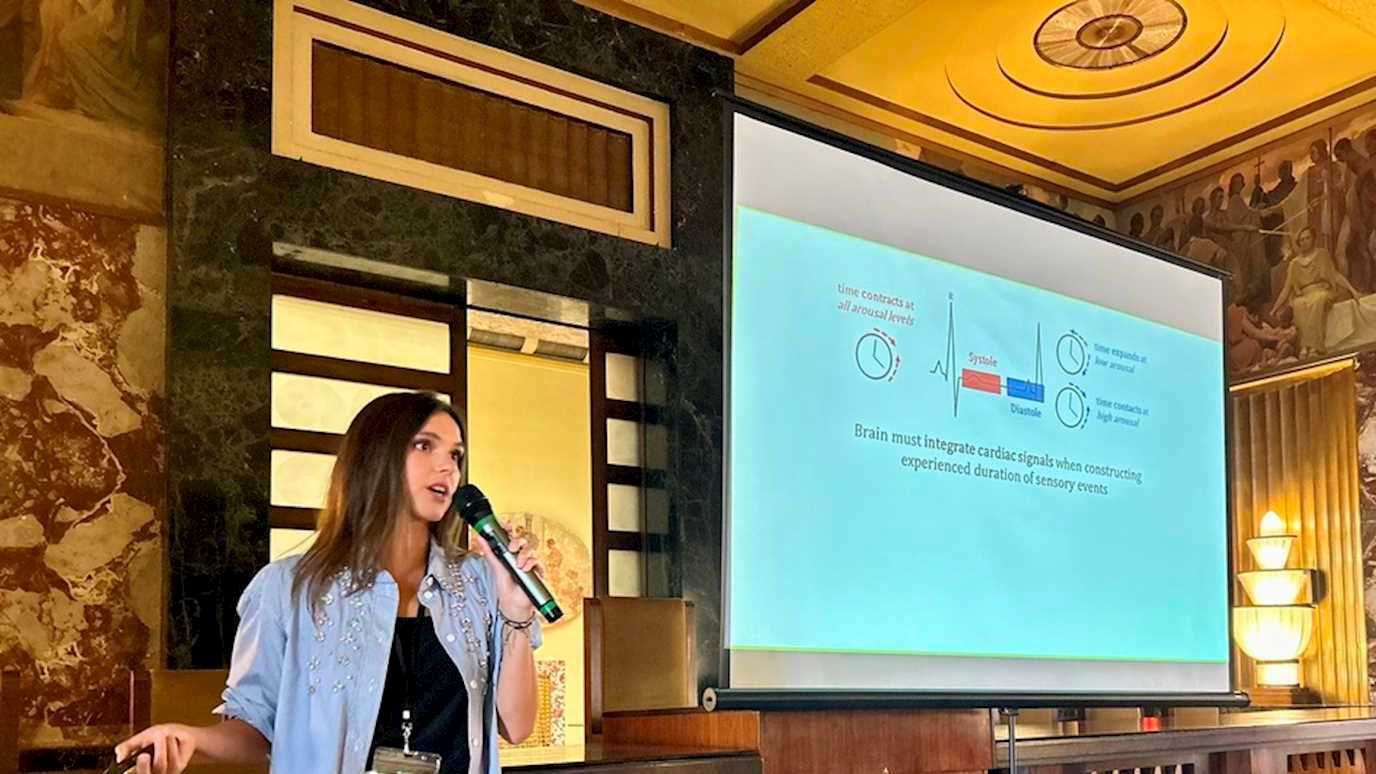A comprehensive study involving 4,000 participants to investigate the effect of sleep on eyewitness memory has found that having a period of sleep does not improve eyewitness identification accuracy.

The research, led by PhD student, David Morgan and Dr Jakke Tamminen from the Department of Psychology at Royal Holloway, University of London with Professor Laura Mickes, (formerly Royal Holloway now Bristol) and researchers from Birmingham, was funded by the Economic and Social Research Council (ESRC) and published in Royal Society Open Science.
Sleep is believed to strengthen recently acquired memories, but there is very little research on whether this is the case for eyewitness memory, such as when an eyewitness is asked to try to pick the perpetrator out of a line-up that includes the police suspect (who is either guilty or innocent) and other known-to-be innocent people.
In the largest sleep and episodic memory experiment to date, an online experiment was designed to manipulated the presence or the absence of sleep in a forensically relevant memory task. 2,000 participants watched a video of a mock crime, either slept (overnight) or remained awake (during the day) and were then tested on their memory for the perpetrator in the video on a line-up. The research team also collected data from 2,000 control participants as a control for time of day confounds. Unlike the experimental participants who had 12 hours between the video and the line-up test, these participants were tested right after watching the video. While their ability to distinguish between innocent and guilty suspects was better than the participants in the experimental groups, the groups were just as reliable. That is, regardless if memory was tested 12 hours after first exposure, if a suspect was identified with high confidence, they were highly accurate.
Dr Jakke Tamminen at Royal Holloway said,
“Sleep has been shown to be beneficial for many different types of memory, so we predicted it would also benefit eyewitness identifications. This was not the case though; allowing participants to sleep after witnessing the crime did not benefit their identifications.
“Identifications were also unaffected by time-of-day and tiredness; participants who did the line-up in the morning were just as good as participants who did it in the evening, even though they were more tired in the evening.
“We also found that the confidence with which the participants made their identification was a reliable guide to how accurate they were: high confidence identifications were more likely to be accurate than low confidence identifications even 12 hours after witnessing the crime. These data suggest police should collect information about eyewitnesses’ confidence, as this is predictive of their accuracy. “
The study involved the Royal Holloway sleep laboratory where researchers were able to test small numbers of participants under carefully controlled conditions and look at both behaviour and brain mechanisms. The study was also able to take advantage of new online data collection methods to collect a much larger data set than would ever be possible in the sleep laboratory. Researchers conclude that combining the detailed and controlled information collected in the laboratory with the power of online studies will lead to better science in this and other fields of psychology.























